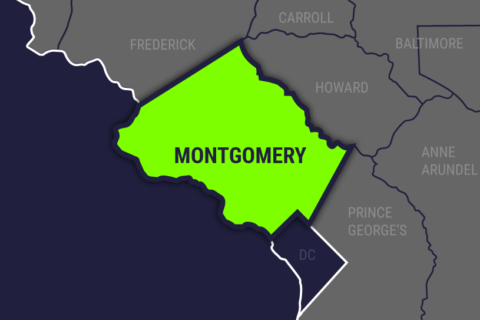WASHINGTON — This time of year, young women flock to commercial tanning beds and booths, thinking they can get a “base tan” for the beach or a glow for the prom.
They’re really doing damage to their skin.
“They think it is going to protect them from further damage or they think it is a healthy glow — both are absolutely incorrect,” said Dr. Adam Friedman, an associate professor of dermatology at the George Washington University School of Medicine and Health Sciences.
He said tanned skin is injured skin, and a tan achieved indoors does not cut the risk of a burn later outside. In truth, that “base tan” actually leaves you more susceptible to the harmful effects of radiation from the sun.
You don’t even have to take that indoor tan outside to put your health in danger.
“Indoor tanning is associated with 400,000 skin cancers per year,” said Friedman, adding that going just one time increases the risk of squamous cell carcinoma — a cancer that develops in the outer layer of the skin — by 67 percent.
And yet, an estimated eight million American women use tanning beds and booths. Friedman shook his head as he recited that statistic, calling the number “mind-boggling given what we know that ultraviolet radiation does.”
He said the dangers go beyond cancer, and points to a study published in 2015 that found an estimated 3,000 emergency room visits each year are related to indoor tanning.
Most of those ER visits involved women, who are far more likely to frequent tanning facilities than men.
Even more concerning is the fact they are starting young. According to the Centers for Disease Control and Prevention, 20 percent of high school girls are indoor tanning.
About a dozen states and the District of Columbia ban tanning bed use for persons under 18. Similar local bans exist in Montgomery and Howard counties. Other jurisdictions in our region require parental consent for minors.
In Maryland, parents have to give permission in person for children under 18. In Virginia, there is a parental consent requirement for most kids under 15.
Various medical organizations — most notably the American Academy of Dermatology — are pushing for a nationwide ban on indoor tanning by minors.
The Food and Drug Administration is looking into the matter, and is also considering a proposal to require adults to sign a risk acknowledgment form before using a tanning bed or booth.






